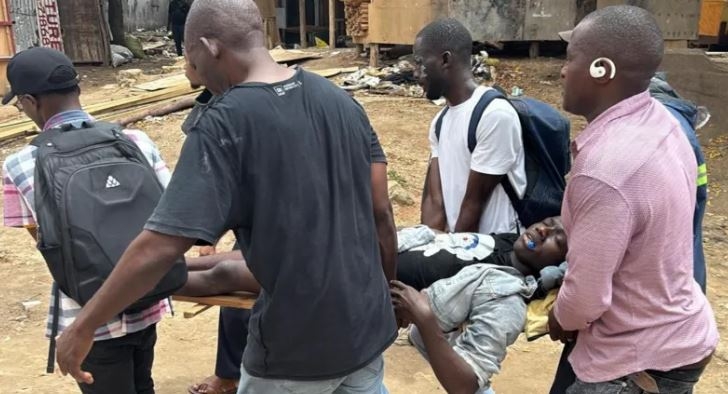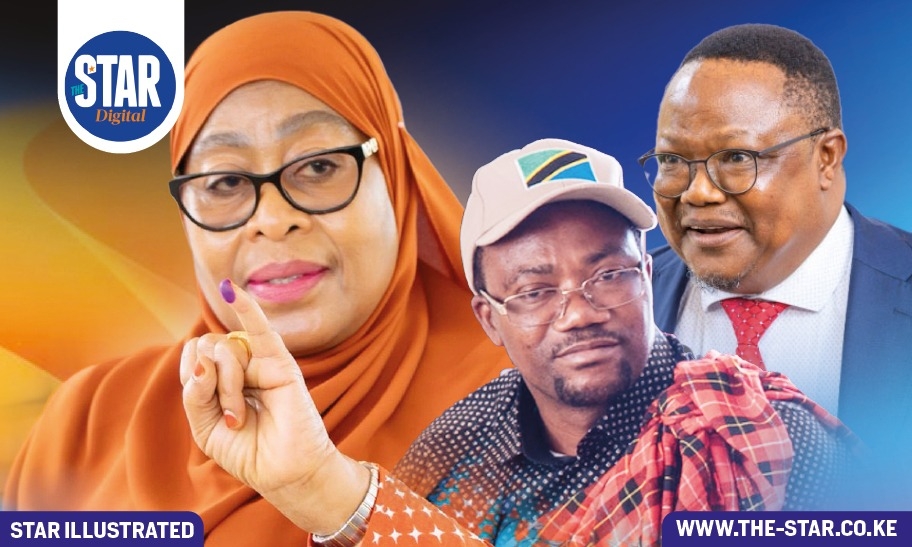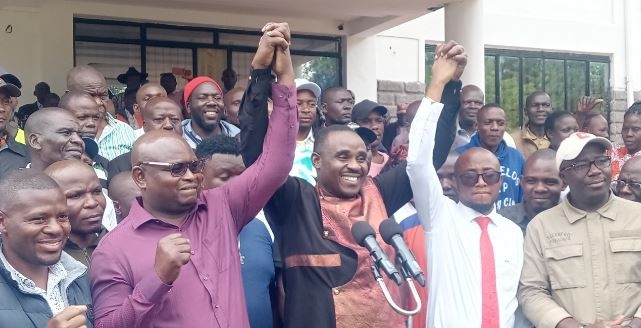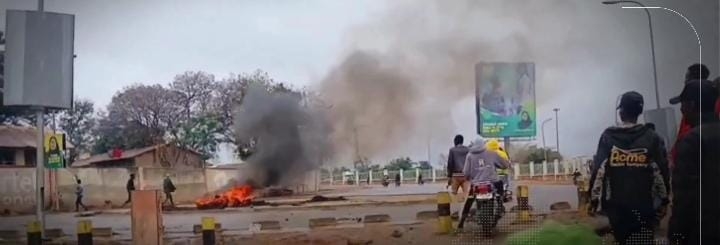
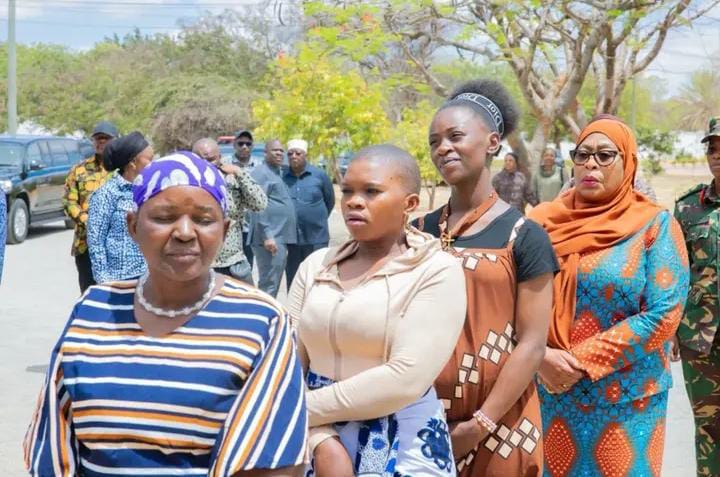 President Samia Suluhu Hassan queues to vote in an election she virtually ran unopposed, October 29, 2025. /HANDOUT
President Samia Suluhu Hassan queues to vote in an election she virtually ran unopposed, October 29, 2025. /HANDOUTThe European Parliament has said Tanzania’s general elections held on October 29 cannot be considered free or fair, pointing to a climate of repression, intimidation, and the systematic dismantling of civic space ahead of the polls.
In a statement issued in Brussels, the Parliament expressed deep concern over the conduct of the elections, saying what should have been a celebration of democracy “instead unfolded in an atmosphere of fear.”
The statement criticised the Tanzanian authorities for harassing opposition leaders, restricting freedom of expression, and obstructing independent election observation.
“These elections cannot be regarded as free and fair. The fraud did not begin at the ballot box—it has been unfolding for months,” the statement said, underscoring that opposition parties were excluded, civic groups silenced, and media freedom curtailed in the run-up to the vote.
The European Parliament condemned the arrest and ongoing trial of opposition leader Tundu Lissu, describing his prosecution on treason charges as a demonstration of the collapse of democratic values and judicial independence in Tanzania.
“Lissu must be released immediately and unconditionally. No election can be credible when the main opposition is silenced, when freedom of assembly and expression are denied, and when independent media are intimidated and censored."
The European Parliament cited reports of irregularities, targeted violence and restrictions on observers as further evidence that the electoral process fell short of international democratic standards.
The Parliament urged the international community to take a firm stand in defence of democracy and human rights in Tanzania.
“We urge all democratic partners to stand firm in the defence of democracy and human rights. Silence is not neutrality—it is complicity,” the statement read.
The statement was signed by senior figures representing the Parliament’s key foreign policy and human rights committees.
They include the chairs of the Committee on Foreign Affairs, the Subcommittee on Human Rights, and the Delegation for relations with the Pan-African Parliament.
The statement signals the broader stance within the European Union on democratic governance in Tanzania and could shape future discussions on the bloc's engagement with the country.
The Parliament’s remarks add to mounting international concern over Tanzania’s political climate.
Opposition leaders and rights groups have accused President Samia Suluhu Hassan’s government of suppressing dissent and consolidating power through intimidation, restrictive laws and the manipulation of state institutions.
The Tanzanian government has not yet officially responded to the statement.
However, officials have previously dismissed criticism from foreign partners, insisting that the election process was lawful and peaceful.
On a broader scale, the European Parliament’s indictment of the electoral process could influence future EU policy toward Tanzania, including cooperation on governance and development programmes.
The statement also puts pressure on regional bodies such as the African Union and East African Community to take a clearer position on electoral integrity in the country.
The European Parliament's call for international solidarity with Tanzanians reaffirms its commitment to stand with those defending human rights and free political participation.


